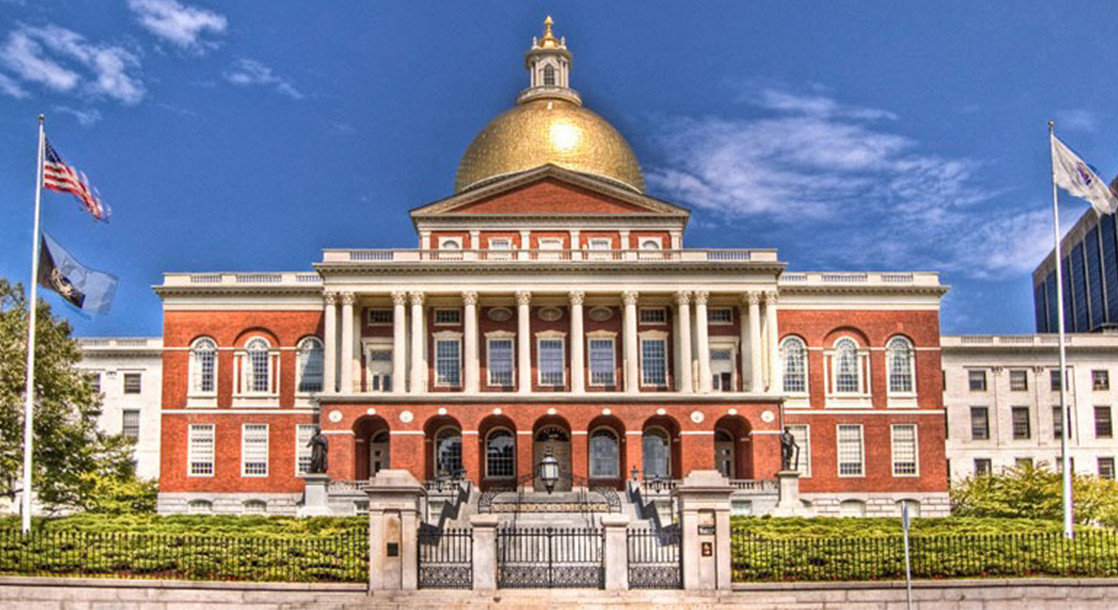In November 2016, nearly 1.3 million voters in Massachusetts voted to legalize recreational cannabis across the state, a major victory for the movement on the East Coast. But while the people have clearly stated their position on the matter, state officials and policymakers have been less willing to implement the voter-passed measure.
Earlier this week, two elected officials were appointed to the state’s marijuana policy committee, both of whom appear willing to make changes to the recreational law. The new panel leaders include Sen. Patricia D. Jehlen, a staunch supporter of legalization, and Rep. Mark J Cusack, who has not taken a public stance on the measure.
The marijuana policy committee seems primarily focused on modifying the tax rate. A number of legislators have called for a higher tax rate, while advocates have fiercely opposed the proposed hike. The voter-passed recreational system mandated a 3.75 percent tax on retail sales, while leaving the door open for local cities and towns to add an additional 2 percent tax if they see fit.
Sen. Jehlen has claimed to have no position on the tax situation, while Rep. Cusack has come out in support of raising taxes on cannabis sales. Jehlen is known as one of the most liberal in the Massachusetts Senate, and has stood in support of allowing adults aged 21 or older to grow up to 12 plants in their household.
“I don’t think the voters were expressing deep engagement with every single sentence. But I think the concept of allowing people to own and use and grow marijuana legally, that is what is our mandate, to protect that” Jehlen told the Boston Globe.
Rep. Cusack has said that one of his main priorities will be giving municipal officials more control over the amount of retail cannabis shops allowed in their towns. Currently, the law states the local municipalities will have to gain permission from their constituents in order to limit pot shops or cultivation facilities.
Before appointing the new marijuana panel leaders, Massachusetts had previously attempted to add new regulations and delay retail cannabis by six months. The continuous delays have created a fragmented recreational program, frustrating local advocates who have been eagerly awaiting the recreational start date.
All in all, the Massachusetts marijuana policy committee seems to be shooting for the middle ground between appeasing the wishes of voters and adding more oversight and taxation. But Rep. Cusack and Sen. Jehlen will likely face criticism from local advocates regardless of the changes they make. After all, the current recreational law is the only one that was approved by voters.











